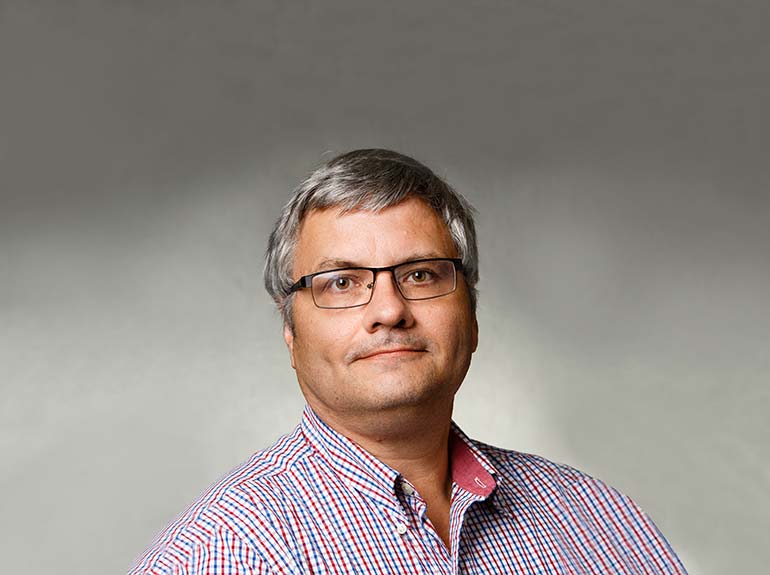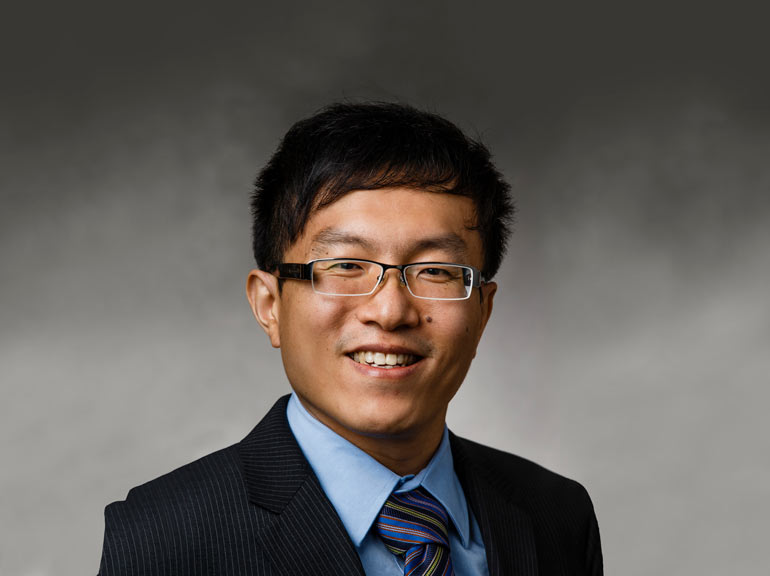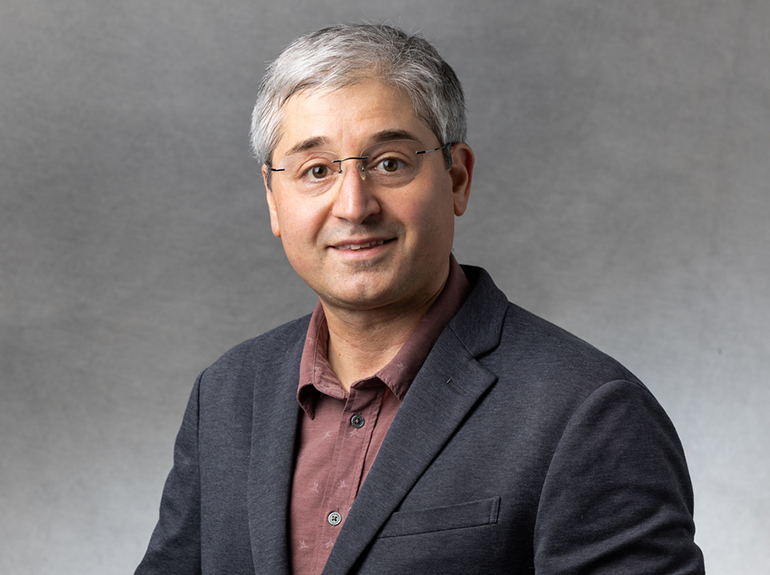Entrance Requirements
A bachelor's degree from a U.S. regionally accredited institution (or international equivalent) and a minimum GPA of 2.7 is required. The GRE/GMAT is not required.
You can also choose to use TommieBot, an AI search assistant developed by St. Thomas School of Engineering students and faculty.
Take me to TommieBotThis graduate certificate curriculum has been designed so that a student graduating from this certificate will be proficient in information technology (IT) delivery, operations, software engineering concepts, and the engineering and design of IT infrastructure focusing on cloud-scale distributed systems and modern DevOps practices.
This program focuses on real-world implementation challenges faced by IT organizations and prepares individuals to meet the growing demand from IT industries for professionals skilled in Digital Transformation. Students will primarily learn by doing and gain hands-on experience with several widely adopted IT platforms.
IT infrastructure deployment practices are rapidly changing as organizations build "Infrastructure as code" and adopt cloud computing platforms.
Students have the option to use the coursework from their graduate certificate to continue in a Master of Science degree program offered by Graduate Programs in Software.

How to earn a graduate certificate
To complete the Graduate Certificate in Digital Transformation, you must complete the following four courses (12 graduate semester credits) with at a GPA of 2.7 or better. Students will be expected to have a prior background in Python or take SEIS 603 Foundations of Python I:
Four Required Courses:
A bachelor's degree from a U.S. regionally accredited institution (or international equivalent) and a minimum GPA of 2.7 is required. The GRE/GMAT is not required.
Classes are offered in-person and online weeknights from 5:30 – 8:30 p.m., Monday – Friday.
All programs in the Software Engineering and Data Science department at the University of St. Thomas are offered in CoFlex mode, i.e. the student has the flexibility to attend classes either in-person or online.
Inclusions and restrictions:

Get the Facts
Attend an online information session to learn program details. Our programs serve working professionals with busy lives. Set your own pace and start fall, spring or summer. Classes are offered in-person and online weeknights from 5:30 – 8:30 p.m., Monday – Friday. We look forward to meeting you.
All full-time tenured faculty hold Ph.D. degrees and offer extensive industry experience. Adjunct faculty are selected based on professional experience and educational credentials.

Dr. Michael Dorin’s background includes work in public safety communications, medical devices, telephony, and aircraft navigation. He participated in initial rollouts of worldwide email and document exchange systems at IBM. He started up and managed a telecommunications products company for many years.

Dr. Ron Chiang’s research interests include distributed systems, cloud computing, and high-performance computer architectures. He is especially interested in task and resource management algorithms and the design of advanced virtualization systems.

Dr. Kazemzadeh is an Assistant Professor at the University of St. Thomas Graduate Programs in Software and Data Science. His undergraduate interest in linguistics led him to graduate studies in computer science that focused on natural language processing.